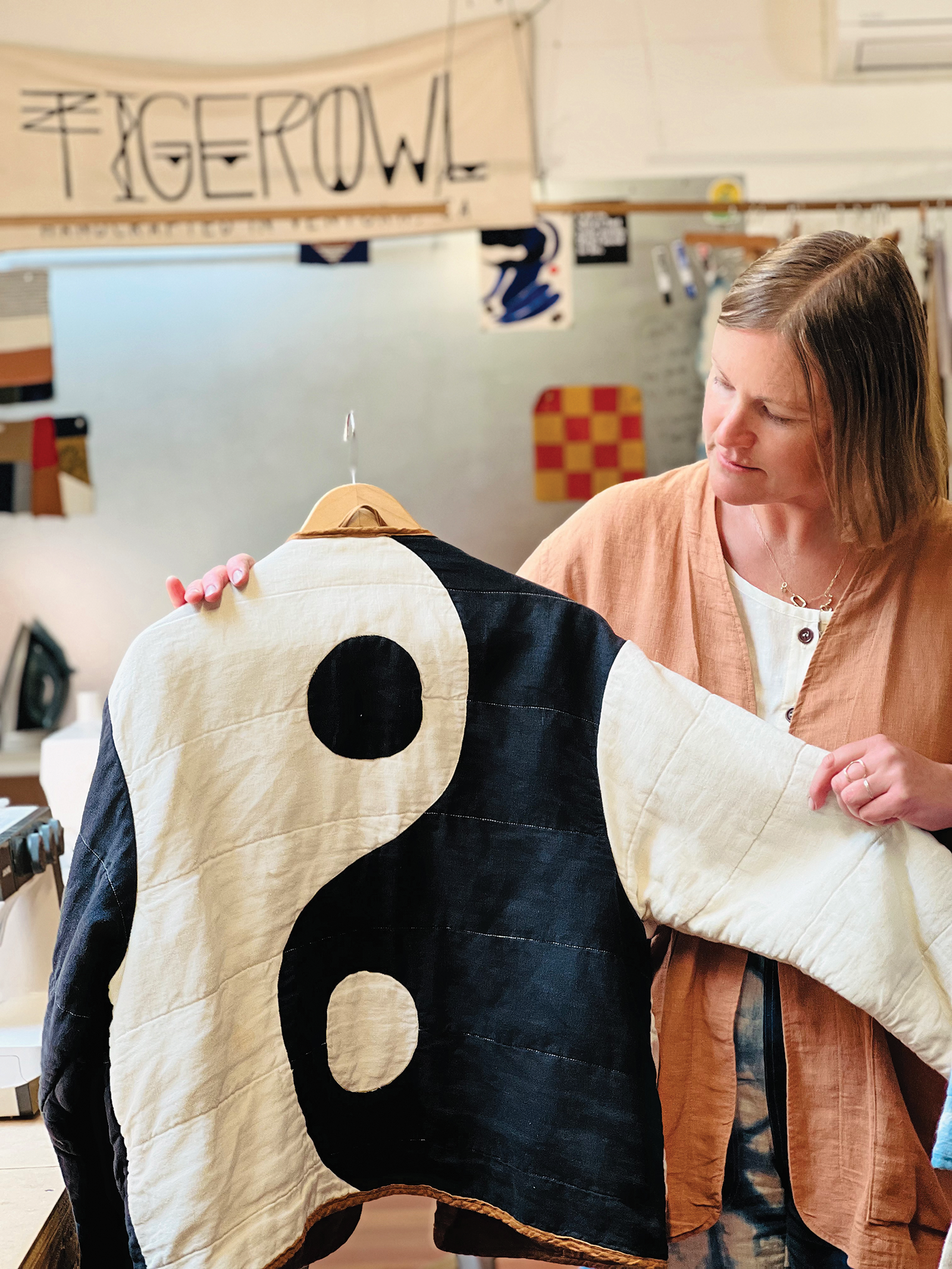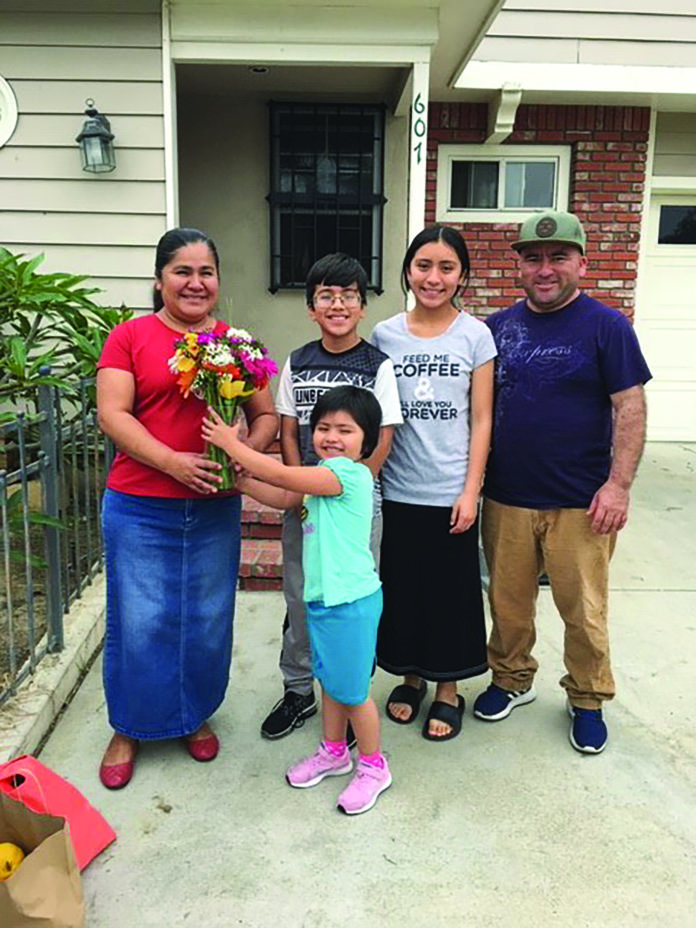By Daphne Khalida Kilea
At 15, Andy Casas of Moorpark was diagnosed with an aggressive form of bone cancer (high-grade osteosarcoma). He is now cancer free, but during his lengthy treatment, his family was faced with mounting expenses and stresses like falling behind on mortgage payments.
Teddy Bear Cancer Foundation (TBCF) was there for them.
The nonprofit caters to those in the Tri-Counties (San Luis Obispo, Santa Barbara and Ventura) who are diagnosed with cancer by age 18. Its formation in 2002 by Nikki Katz was motivated by a mother who endured various heart-wrenching struggles after her 3-year-old was diagnosed with cancer (Ewing sarcoma). While its services vary, TBCF provides support through three core programs: Financial Stability, Educational Advocacy and Emotional Support.
Typically, a hospital social worker connects a low to moderate income family to TBCF for the Financial Stability Program’s Direct Financial Assistance fund, which offers up to $5,000 (at initial diagnosis) towards copays, rent, hotel accommodations and other expenses.
“And in the unfortunate situation where a child relapses, we’re able to provide an additional $2,500 to help with those costs,” explained Eryn Shugart, Ph.D., Senior Development Director at TBCF. “In the tragic situation where a child passes away, we have a funeral fund that will pay up to $2,500.”
Like Andy, many youth rely on the Education Advocacy programs due to missing school for treatments. TBCF pays up to $1,000 (20 sessions) of tutoring and for the recommended neuropsychological evaluation which can aid in developing a customized plan, and post-treatment evaluation to ensure that the youth is on track educationally.
Recently, organizations including TBCF hosted a college prep seminar for teens with cancer and their siblings. It was virtual because, like other nonprofits, it has been impacted by the COVID-19 crisis.
The now virtual Emotional Support Program consists of some of the most utilized services, including family counseling run by licensed therapists. There are six support groups per month: four for parents (two English, two Spanish), one teen group and one kids’ group.
“Cancer will not stop for the virus” is the draining reality relayed by the Belgum family’s oncologist. Their 6-year-old daughter Kasey Lynn has a brain tumor (pilocytic astrocytoma) and despite the importance of physical isolation, in-person care must move forward. Unsurprisingly, families can sometimes feel alone in their ordeal. In TBCF, the Belgums have found some sense of communion through Family Connection Events and Care for Caregivers programs.
As of this summer, 20 families and 90 individuals in Ventura County have received TBCF services; that number is expected to increase. In 2019, a total of 851 individuals were served by TBCF, with 55 families receiving Direct Financial Assistance.
At the start of the pandemic, TBCF conducted an emergency needs assessment then provided over $7,000 in grocery gift cards to meet the immediate needs of families. Further, restaurant-donated meals and special care packages were distributed for Father’s and Mother’s Day.
September was National Childhood Cancer Awareness Month. TBCF’s fundraising and awareness event, Gold Ribbon Luncheon, had to be canceled. Instead, the nonprofit fundraised through the Gold Ribbon Campaign with a revised goal of $265,000 (from $430,000).
“We’re a healthy nonprofit, but we’d really like to end the year without a deficit so we don’t have to look at potentially changing any of our services,” said Shugart.
With the risk of families being waitlisted, TBCF initiated mail solicitations months ago and has been consistent in its efforts over email, telephone and Zoom.
This dedication to a vulnerable population is one of the reasons TBCF’s new executive director, Corey Pahanish, Ph.D. chose the nonprofit.
He most recently served as executive director of Bayside Community Center in the diverse and socioeconomically distressed Linda Vista community of San Diego. Despite inheriting that financially strapped nonprofit, he had significant accomplishments, including the building of a 35,000-square-foot public educational facility and community center.
Here, Pahanish said he’s enthused to continue building upon what he noted as exceptional work and aspires, among other goals, to enhance the work of the staff, grow the board, deepen TBCF’s impact on families in the tri-counties region and to serve families beyond the area.
TBCF solely relies on donations but there are other ways to give. Per Shugart, administrative tasks are a key need. Volunteers can pick up a mailing project (e.g. stuffing envelopes) at the TBCF office and complete it at home.
“On top of people’s donations, they can also give of their time, their effort — their sweat equity. Spreading the word; word of mouth is the best form of advertisement and so people don’t necessarily have to give of their money but they can share the Facebook or our website, the important work that we’re doing and perhaps there’s someone in their network that has the means to give or this is a priority mission for them to give,” added Pahanish.
This month TBCF will host Project Turkey to supply families with Thanksgiving meals. Currently, food donations are restricted so $50 grocery gift cards and Thanksgiving baskets are welcome; all donations must be at the TBCF office by Nov. 16.
For Project Holiday in December, a donor sponsors a family and buys all their children holiday gifts. This year, the gift party will be drive-up followed by a virtual gathering with other activities.
This program is presumably a source of joy for TBCF’s past and present youth like Andy, Kasey Lynn and Ximena Ortiz of Camarillo, who was diagnosed at 5 years old with kidney cancer (Wilms’ tumor) and whose days are inundated in appointments, treatments et cetera.
Ximena and her two siblings got toys last year and although her treatment ended in December 2019, her family has continued to receive virtual support and phone check-ins.
“TBCF has served thousands of individuals and the demand for services continues to increase, particularly the need for financial support, especially with today’s cost of living, growing medical costs, challenges in healthcare coverage and also the employment market,” Pahanish said. “So that’s why it matters. And look, the majority of people we’re serving are low income. And now you put on top of that pediatric cancer. I can’t think of something that compounds the symptoms of poverty more than trying to navigate life being impoverished as well as having a child with cancer.”





























